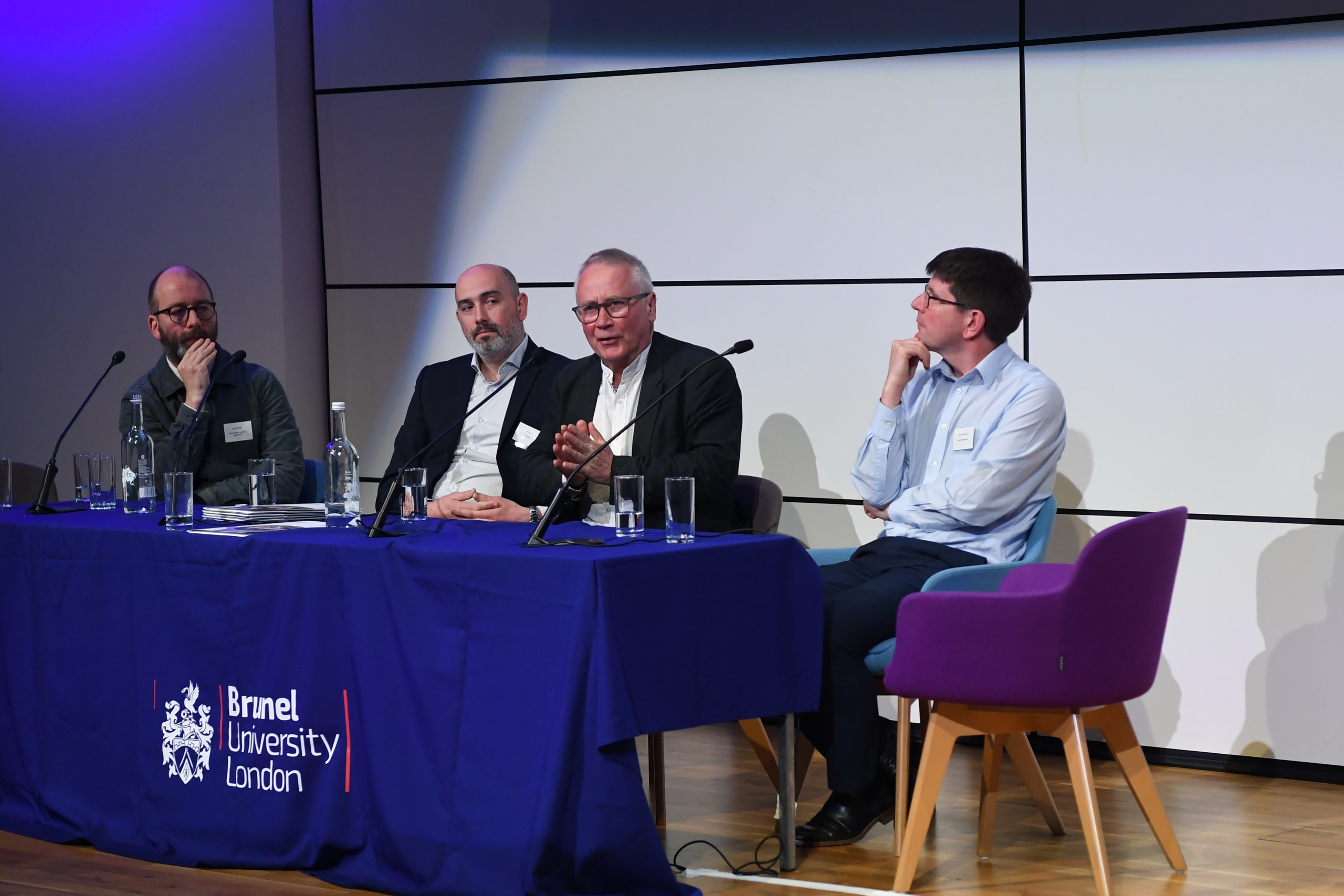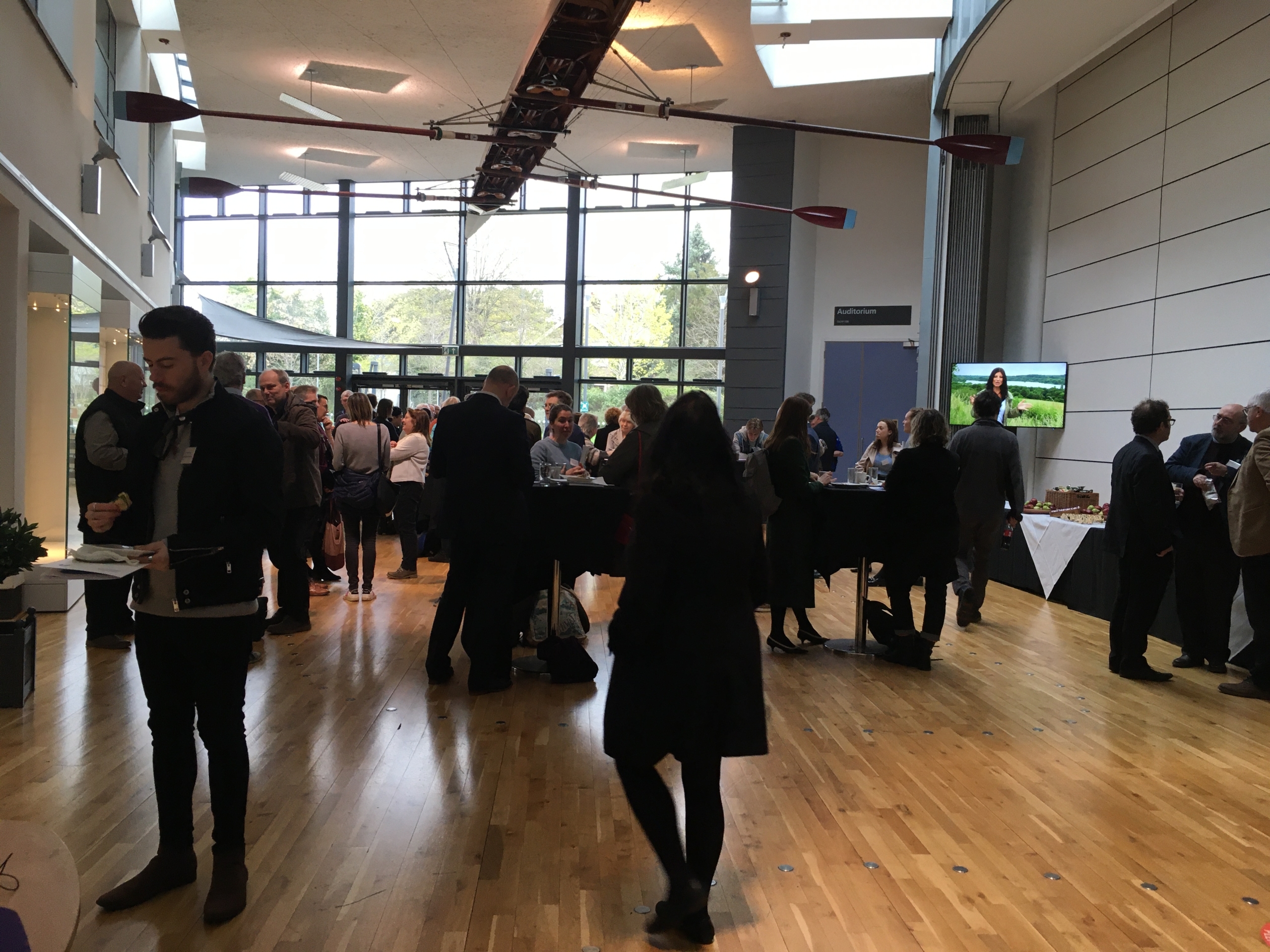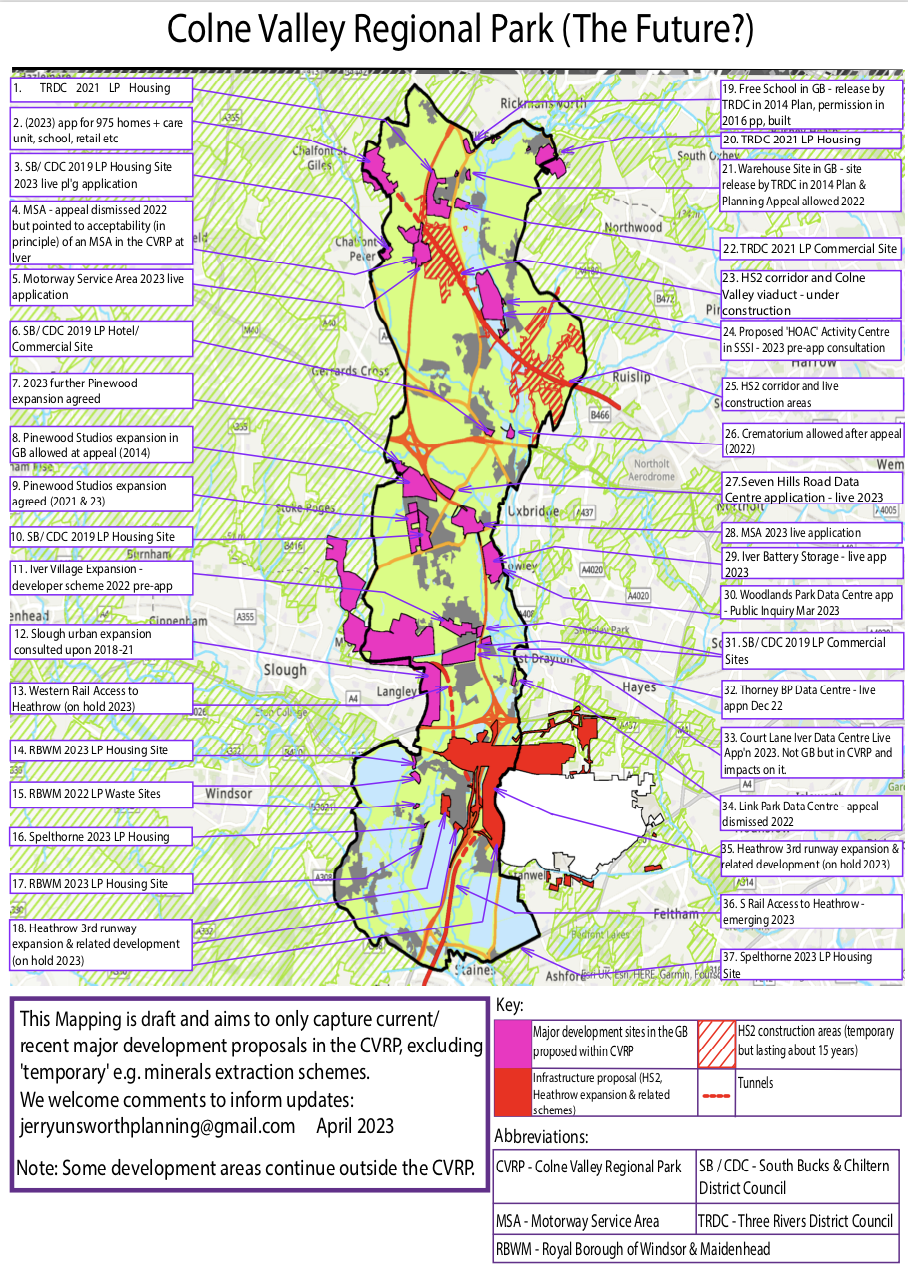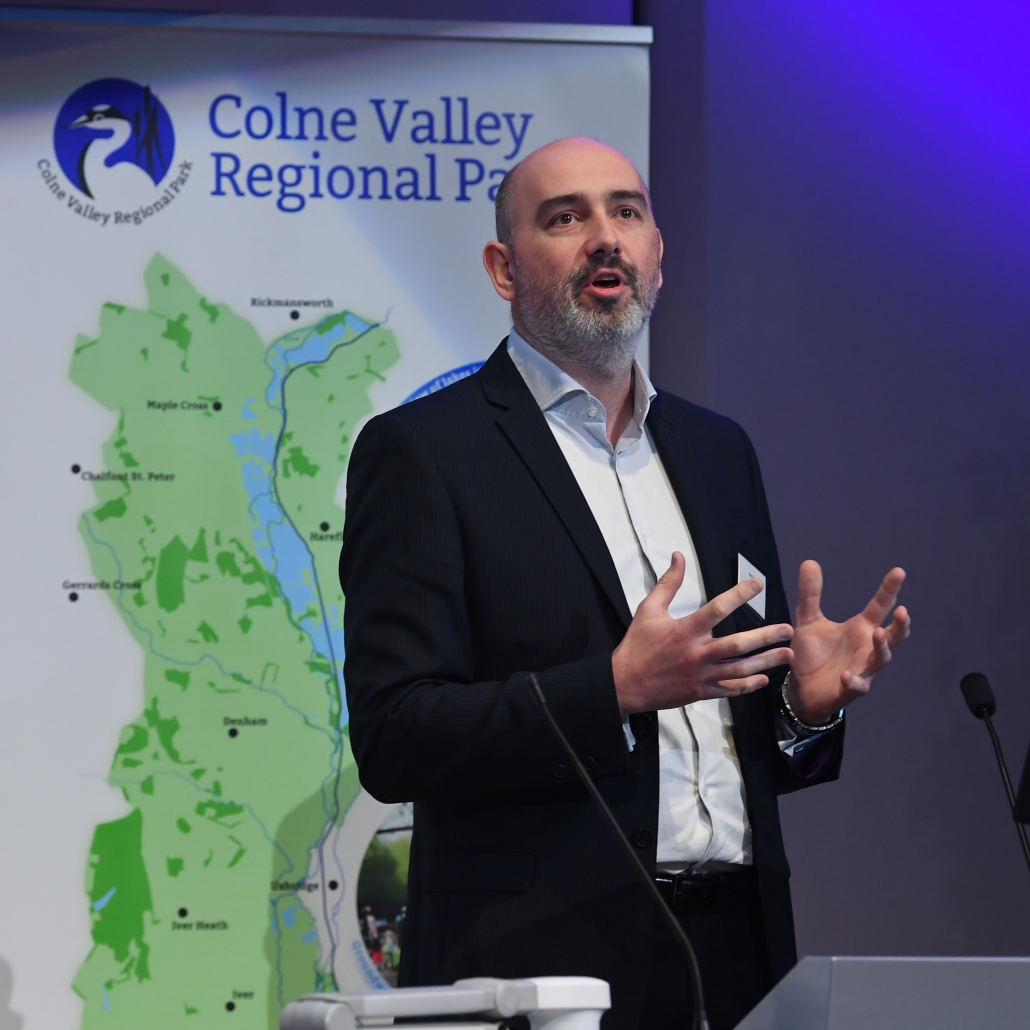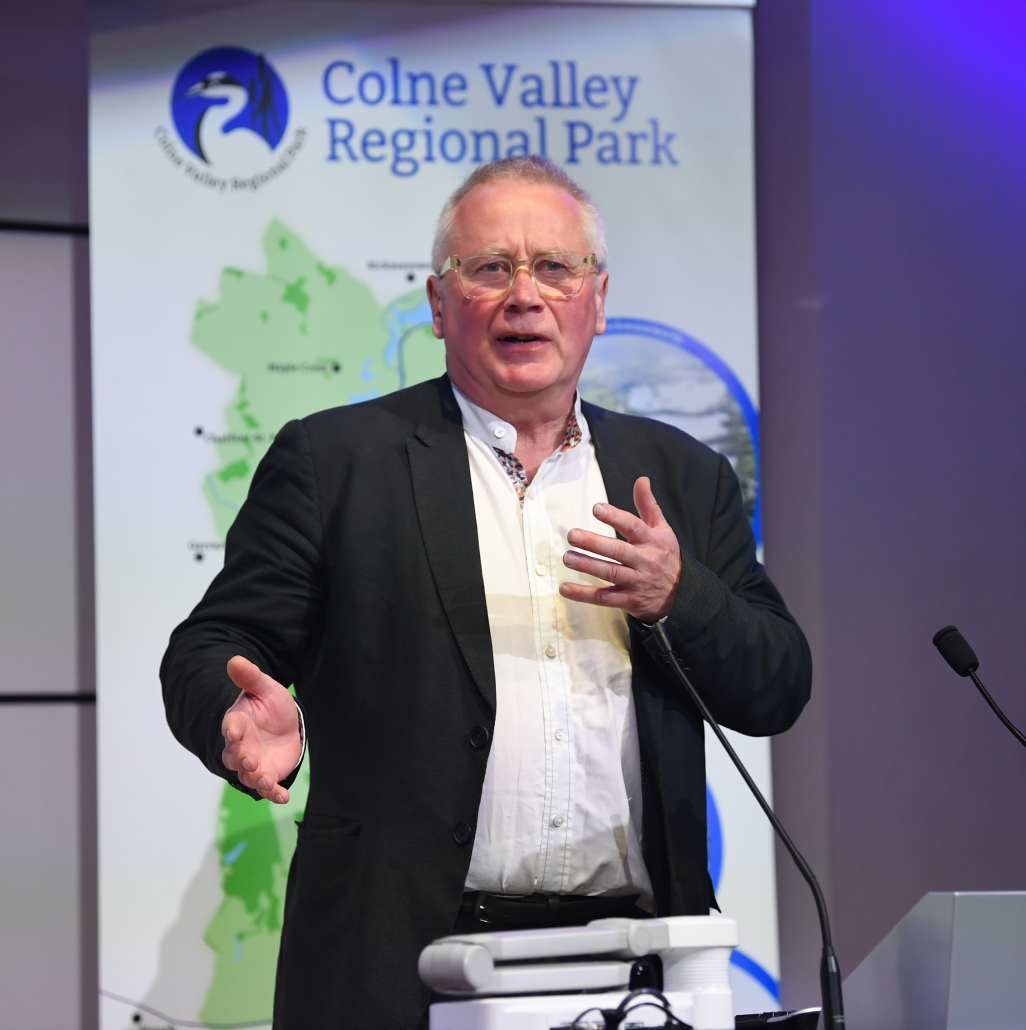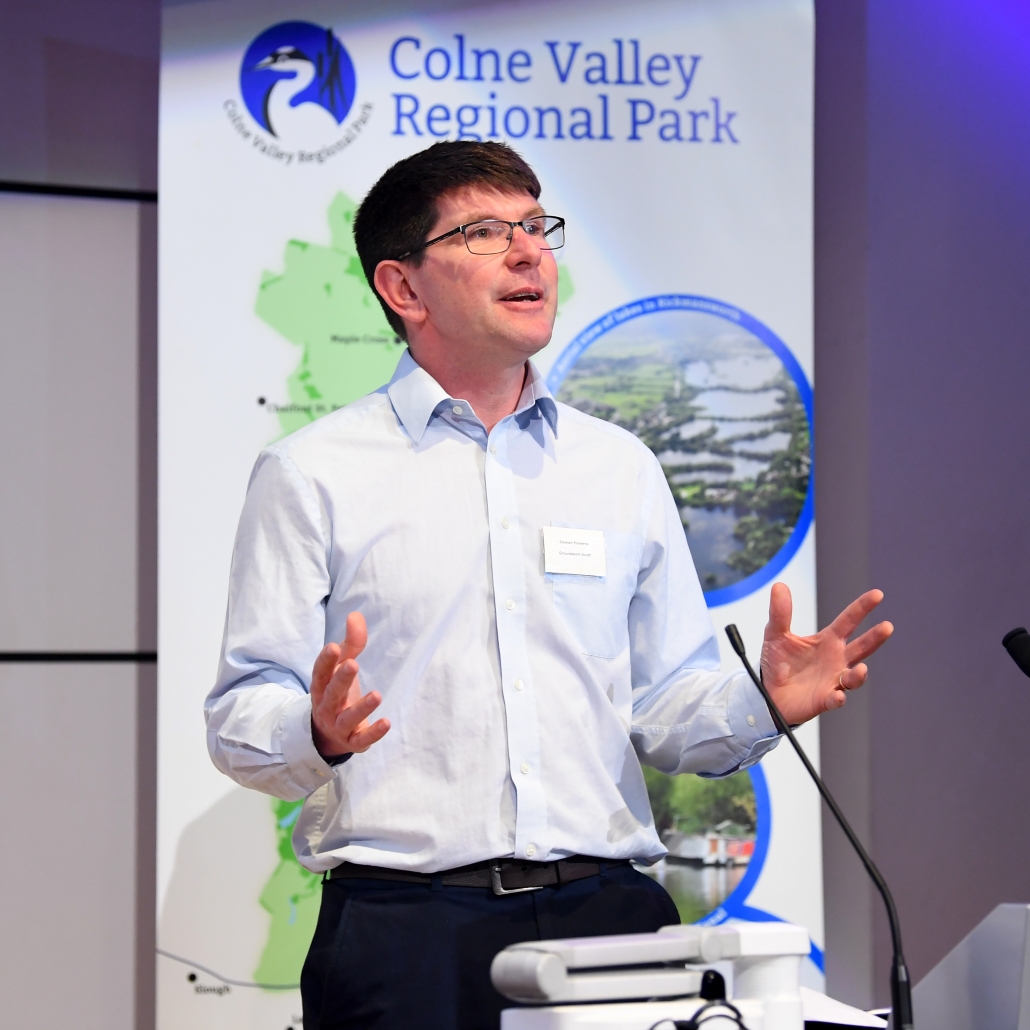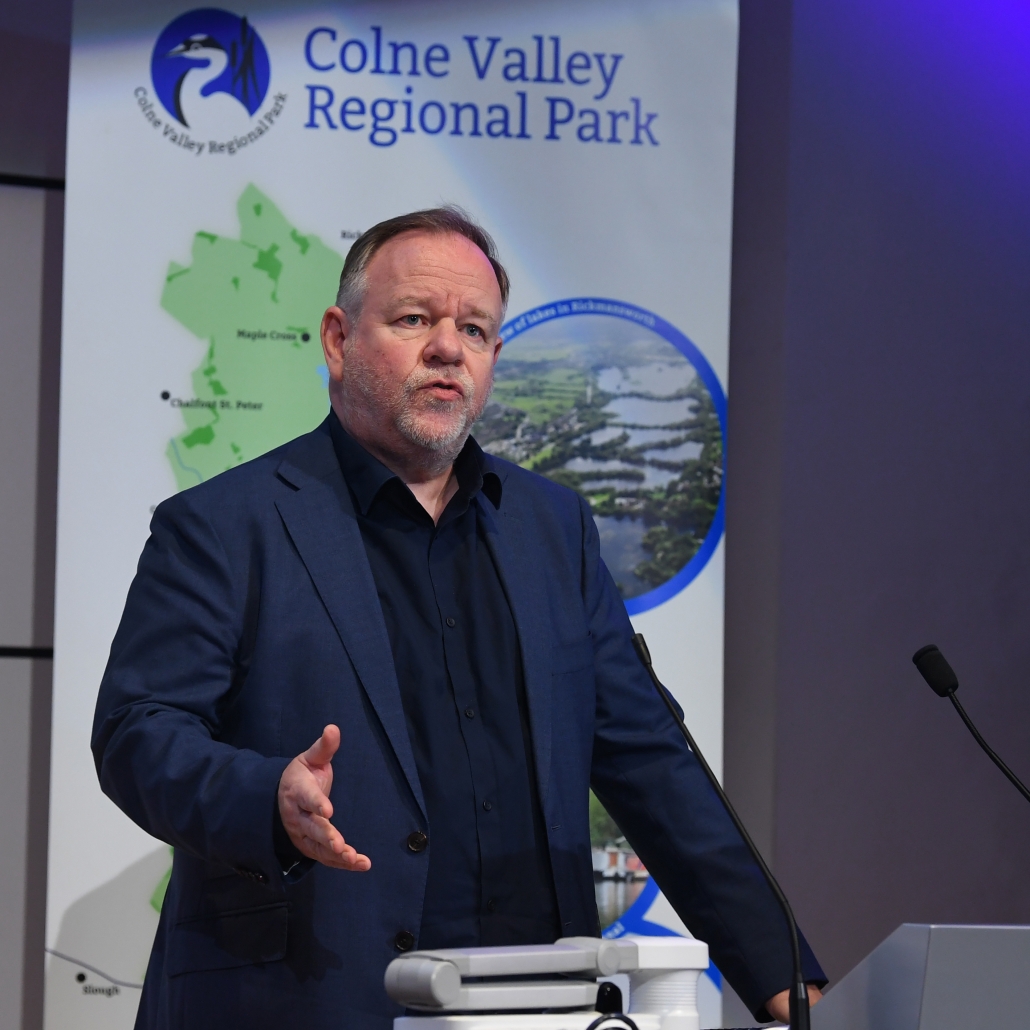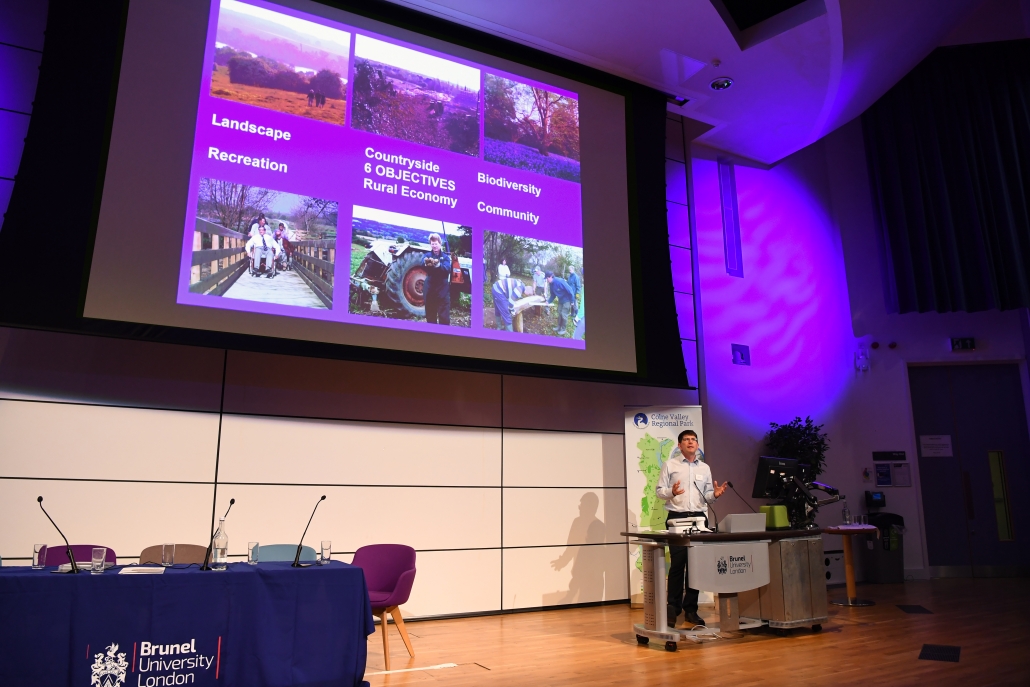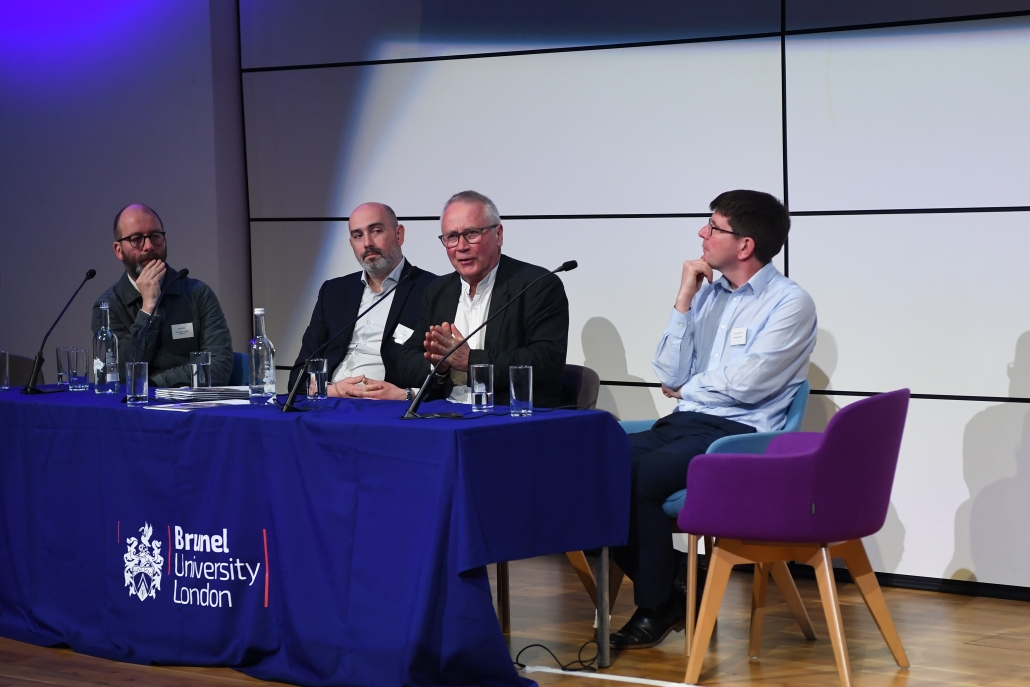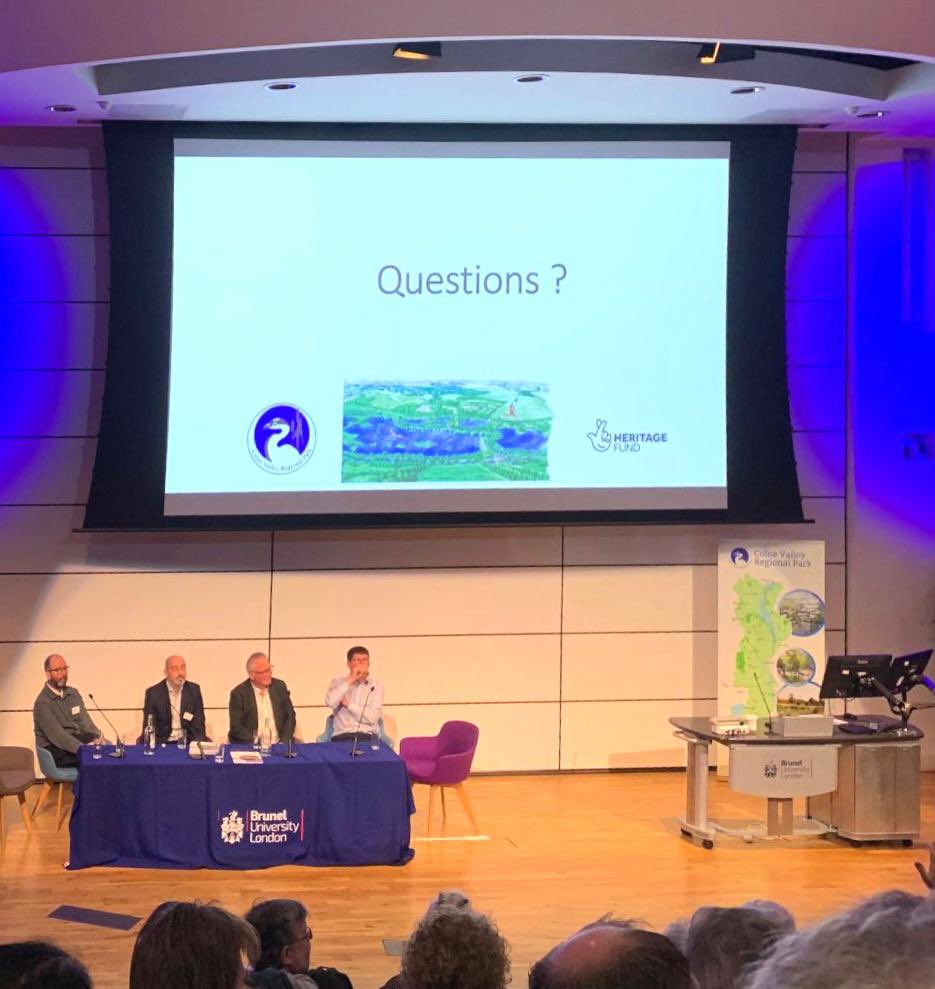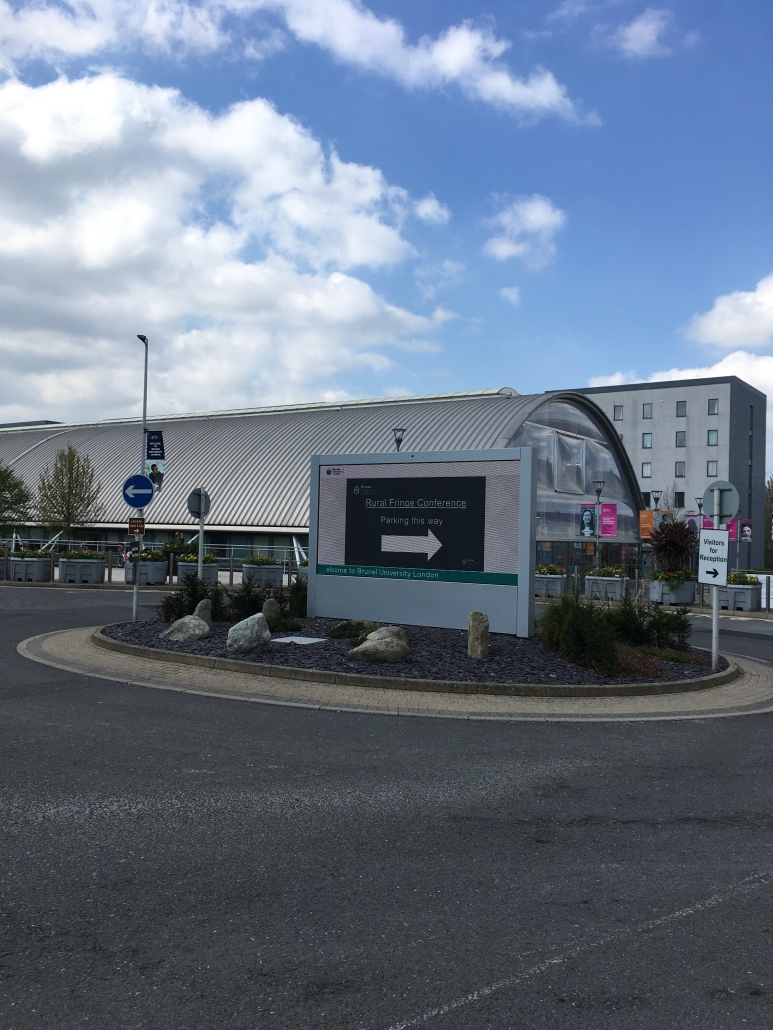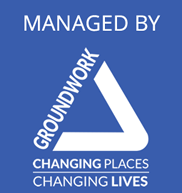MORE than 80 people attended the Colne Valley Regional Park’s conference at Brunel University on April 18, which focused on how the Green Belt on the fringe of London can be improved.
The conference was organised amid mounting concern about the ever-increasing development pressure being placed on the Colne Valley Regional Park and the alarming rate at which the Green Belt is being eroded.
The situation has deteriorated to such an extent in the last five years that the Colne Valley Regional Park Trust now views it as a potentially existential threat unless an entirely fresh approach is taken to planning – one that involves careful co-ordination on a regional basis and goes well beyond individual local authority borders.
The Trust believes the Colne Valley Regional Park is uniquely placed to be a valuable case study of a fragile landscape on the urban fringe. Its Green Belt is arguably the narrowest and most threatened in the entire country and could therefore act as an exemplar for other areas.
The delegate list was broad, drawing in representatives from local authorities, residents’ associations, politics, charities, utilities, environmental and wildlife campaign groups. Speakers covered not only the origins of the Green Belt from the early 20th century, but looked at current strategies, their impact and what the future may hold.
Overall, the clear message is that planning needs an urgent and fundamental overhaul that gives equal weight to the improvement, management and protection of vital green spaces, recognising their immense value in terms of health, well-being and recreation.
There was praise of the far-sighted steps taken in the 1920s to 1940s, when land was purchased to secure it for public access and enjoyment, that helped to firmly establish the concept of a Green Belt to contain the sprawl of London. But the challenge now is to apply fresh, creative thinking to the competing needs of the city and its surrounding countryside.
Delegates heard some radical thoughts on how this may be best achieved and even one suggestion from Professor Peter Bishop that if ultimately we don’t feel we can be trusted to get things right now, that we should leave the situation alone so that the next generation can address it instead.
Audience questions covered everything from concerns about water quality and the discharge of sewage into rivers, to the impact of giant infrastructure projects.
The event was recorded and can be watched by clicking on the link to the right.
“I was delighted to see such a broad range of interests represented. Collectively we cast a thought-provoking stone into the pond. I hope the ripples from this conference continue to inform politicians and decision-makers. We need the current government, or a future government, to wake up to what is happening to our precious Green Belt countryside and to take swift and effective action to protect and restore this for the benefit of people and wildlife. The Colne Valley Regional Park is one of the last bastions of an incrementally undermined Green Belt policy. We seem to have lost our way. it is my hope that this conference can become one of the precursors for much-needed local and indeed national change”.
Click here to watch a recording of the Conference.
Speakers
Welcome by Anthony Longden (Trustee of the Colne Valley Regional Park) and Professor Andrew Jones (Vice Chancellor, Brunel University)
– Working to improve the Green Belt on the edge of London and 4 counties – Stewart Pomeroy, Colne Valley Managing Agent, Groundwork South
– Re-purposing the Green Belt in the urban fringe – Peter Bishop, Professor of Urban Design at UCL and joint author “Repurposing the Green Belt in the 21st Century”
– A London-wide perspective – green corridors and connectivity to the countryside – Jamie Dean, Area Manager & Programme Director, Good Growth by Design, GLA
– Realising the Green Belt’s potential in the 21st century through Green Infrastructure Strategy – Mark Job, Associate Director and Landscape Lead, Arup
– A landscape scale approach to conserving the nature of the Colne Valley Regional Park – Tim Hill, Conservation Manager, Herts & Middlesex Wildlife Trust
– Planning challenges facing the CVRP & policy responses needed for the urban-fringe Green Belt – Jerry Unsworth, Independent Planning Consultant
– What policy could help green the Green Belt? – Paul Miner, CPRE Acting Director of Campaigns & Policy
– Fresh thoughts – Mark Brand, Digital & AI Business Strategy Consultant & CVRP resident
Download the agenda here
